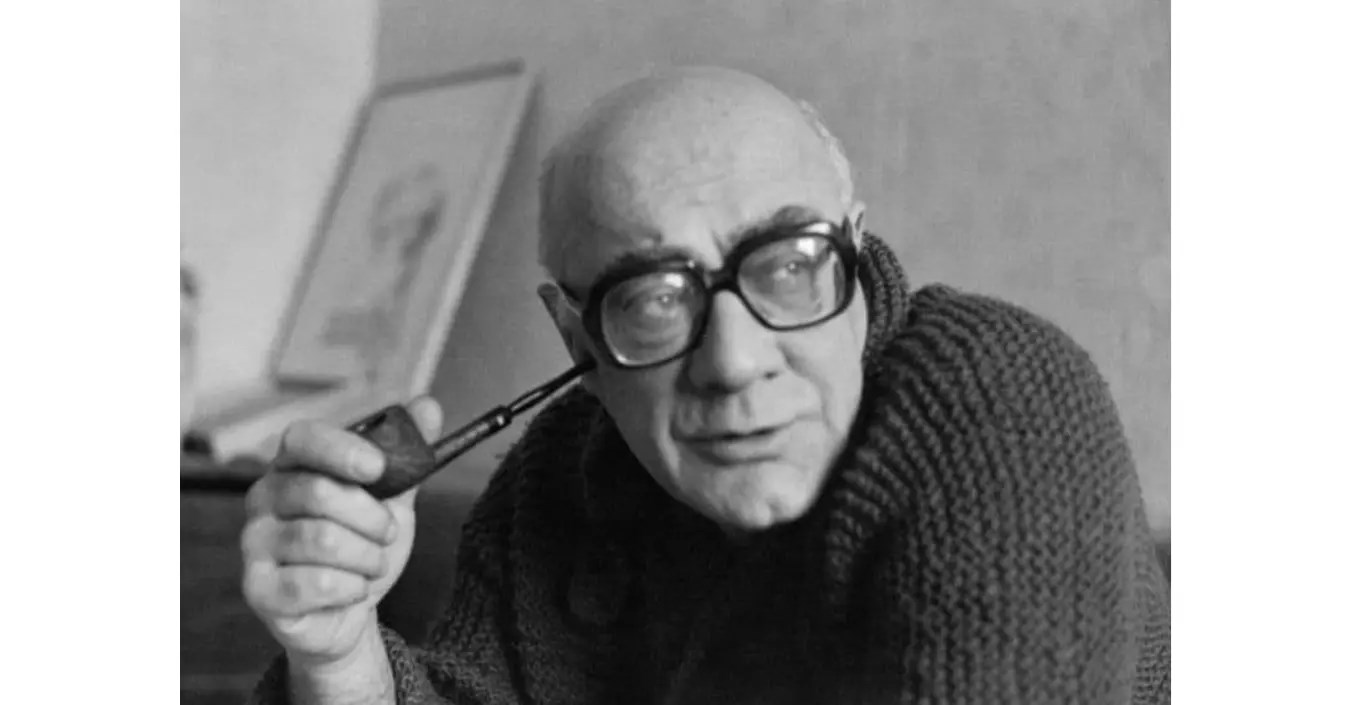
Repeating Mamardashvili | Essay Three – Of Time (Lost)
Tracing the path in Merab Mamardashvili's lectures on Proust I get tangled with every turn of each page. In which time am I reading, am I trying to understand all this. In my present now, or in a past I have not lived. And if in that past, can it even be evoked in this present moment, or am I but stumbling across an imaginary plain.
I keep reminding myself that this is not an academic endeavor. And I keep asking myself, how to start this proposed process of thinking, this proposed life task?
I had planned to take Marcel Proust's À la recherche du temps perdu to the mountains this spring. To start again from the beginning, to take up this parallel and intertwined guidance through that lost time and the search thereof. The process of reading, uninterrupted, in a flow. Not fragmentary but in continuity. Can one unread a book before reading it again? I stare at the volumes, a promise awaiting. And I give in to temptation and turn the first pages, just to be hit, again, by this very first sentence:
'Longtemps, je me suis couché de bonne heure.'
This sentence. To start a work of some thousand pages, with a sentence like this! To imagine that Merab Mamardashvili, who according to Yuri Senokosov, got to know of Proust's À la recherche… in the early sixties in Prague, read this sentence. Might have read this, as so many others, as his first Proustian sentence.
A first sentence of a text, a book, which I say, referring to a book that you either did not read, or cannot read, because it is impossible to get it, / I say, referring to a book that you either haven't read or can't read, because it's impossible to get it, / I'm talking, referring to a book you either haven't read or can't read because it's impossible to get hold of, (1/1984_85) appears to have been unattainable to most of Merab Mamardashvili's audience. I imagine the weight of such a book, such books, when one has gotten ahold of them despite the obstacles, I imagine one's eyes searching, word after word, how must that feel?
'Longtemps, je me suis couché de bonne heure.'
In his editor's introduction Yuri Senokosov states that 'я видел его неоднократно с томиком галлимаровского Пруста и дома, и на пляже в Пицунде, где мы часто отдыхали,' [I saw him repeatedly with a volume of Gallimard's Proust at home and on the beach in Pitsunda, where we often rested,] so I imagine those beaches and I wonder if the mountains will do, but then, I can not go to Pitsunda and even if I could, I can not go to Pitsunda of that time past.
So, I will take Proust to the mountains. And I am thinking that I would like to contradict this beginning of beginnings. I would like to go to sleep late. As late as possible. And spend the nights within those books. Creating a hiatus of sorts, making up for all time (lost). Not catching up with the past, but living, reading and writing within my own present becoming past. Until bright daylight. In good time.
Proust, Marcel. A la Recherche du Temps perdu. Du Côté de chez Swann. Paris: Gallimard, 1946.
Сенокосов, Ю.П.. От редактора. in: Мамардашвили, Мераб. Лекции о Прусте (психологическая топология пути). Москва: Ad Marginem, 1995. (Редакторы: Е.В. Ознобкина, И.К. Мамардашвипи, Ю.П. Сенокосов)
Lectures 1984_85:
Мамардашвили, Мераб. Психологическая топология пути. Москва: Фонд Мераба Мамардашвили, 2014. (Редактор: Е.М. Мамардашвили)
AI translations by https://translate.google.com / https://www.deepl.com/en/translator / https://www.collinsdictionary.com/translator
Author: Katharina Stadler



